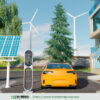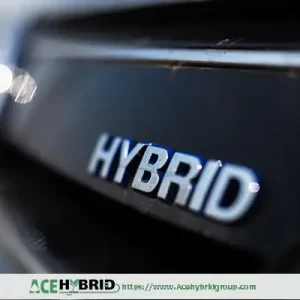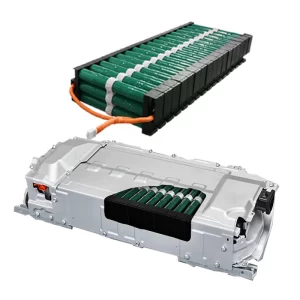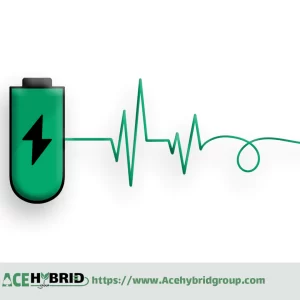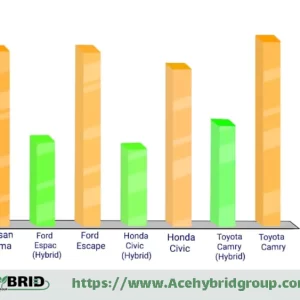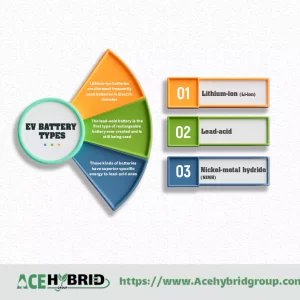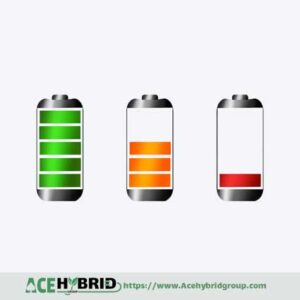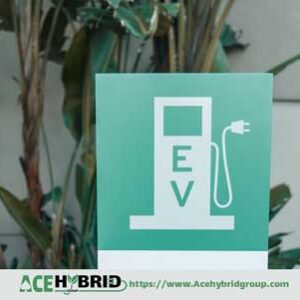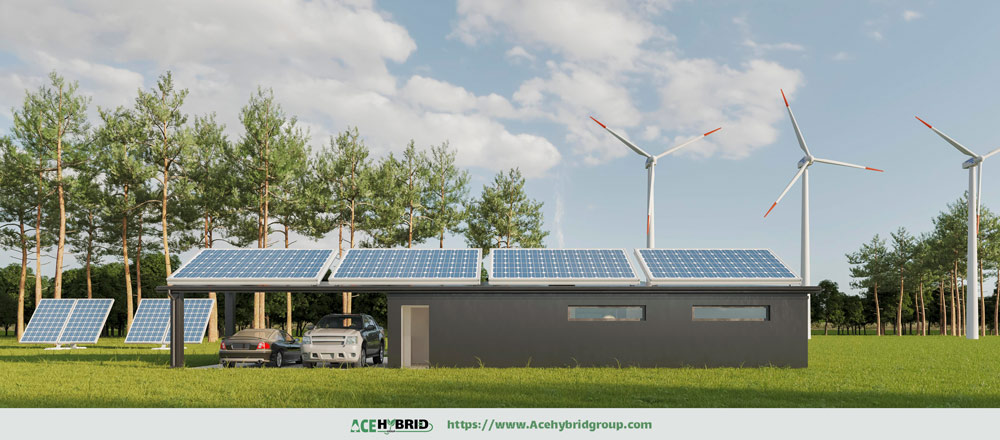
Evidently, transportation generates the largest share of greenhouse gas emissions to help curb the emissions, electric vehicles were developed. They have gone mainstream around the globe in recent years. The reduction in the use of gasoline-powered cars will ultimately help fight climate change. But do you know how green they are? Or are electric vehicles as green as it is said and advertised?
It Depends
Experts say plug-in vehicles are more climate-friendly than traditional vehicles, but at the same time admit the environmental impacts of those vehicles, depending on how they’re charged up and manufactured. In fact, a car’s green credentials vary according to whether and how it uses electricity, and how that electricity is generated. We are going to dig deeper into the issue:
The Significance of How Electricity Is Made
Many people around the world have switched to electric vehicles to have a share in the fight against climate change, but how much success is gained depends on how much coal is being burned to charge up the electric vehicles.
Researchers at the Massachusetts Institute of Technology have compared the climate impacts of different vehicle models by incorporating all the relevant factors including the emissions involved in manufacturing the cars and in producing gasoline and diesel fuel, how much gasoline conventional cars burn, and where the electricity to charge electric vehicles comes from.
They say if you assume electric vehicles are drawing their power from the average grid in the United States, which typically includes a mix of fossil fuel and renewable power plants, then they’re almost always much greener than conventional cars. In spite of the fact that EVs are more emissions-intensive to make because of their batteries, their electric motors are more efficient than internal combustion engines that burn fossil fuels. But if an all electric vehicle is charged up on a coal-heavy grid, it can actually be a bit worse for the climate than a modern hybrid car like Toyota Prius which runs on gasoline but uses a battery to bolster its mileage.
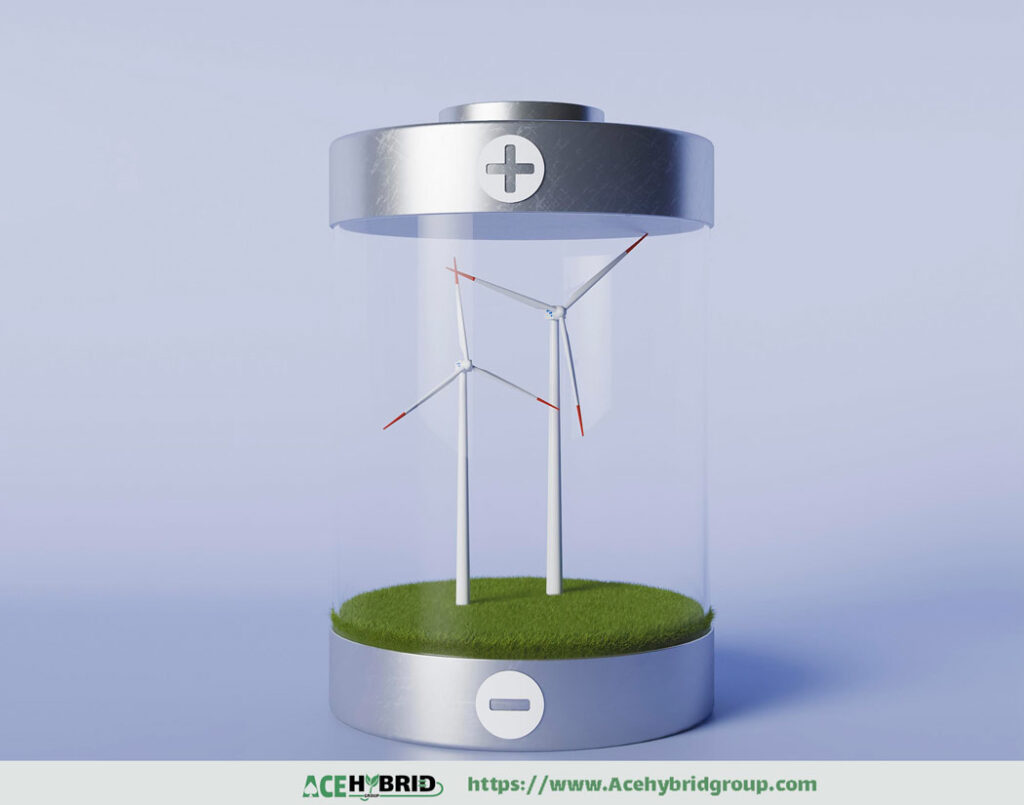
The Need to have Cleaner Grids
On the other hand, electric grids still need to get very much cleaner before electric vehicles are truly emissions free. In states with cleaner grids, electric vehicles will lower carbon emissions by more than 90%.
The good news for electric vehicles is that most countries are now pushing to clean up their electric grids. In the United States, utilities have shifted to a mix of lower-emissions natural gas, wind and solar power in the past decade. The measure has resulted in employing cleaner electric Vehicles.
Meanwhile, environmental considerations are not just how electric vehicles are charged and manufactured. Electric Vehicles use lithium batteries and how batteries are made has an effect on the environment.
The lithium-ion cells require a lot of energy and raw materials like cobalt, lithium, nickel and rare earth element to build. Mining for some of these minerals has hazardous effects on the environment. (For instance, manufacturing a mid-size electric car with an 84-mile range, results in 15% more emissions.)
New Storage Solution
The next problem is that only 5 percent of lithium batteries get recycled. Experts underline that spent batteries contain valuable metals and other materials that can be recovered and reused. Depending on the process used, battery recycling can also use large amounts of water, or emit air pollutants.
To an effect, steps have been taken to use old electric vehicle batteries for grid storage by different automakers. However, challenges will show up along the way because reusing lithium-ion batteries requires extensive testing and upgrades. Still, a study conducted by MIT researchers has found that if it is done properly, used car batteries could continue to be used for a decade or more as backup storage for solar power.
 Ace Hybrid Tech | Hybrid battery replacement
Ace Hybrid Tech | Hybrid battery replacement

